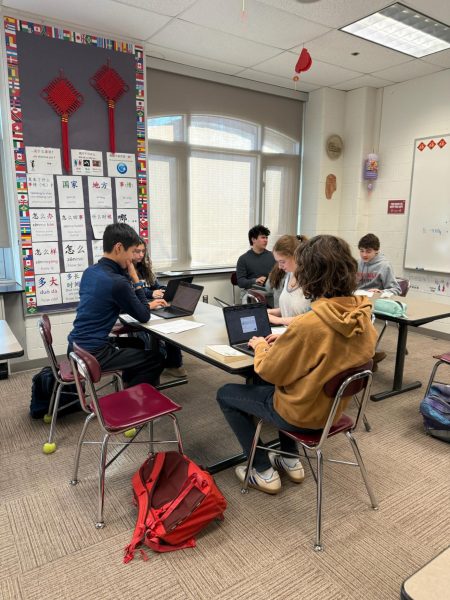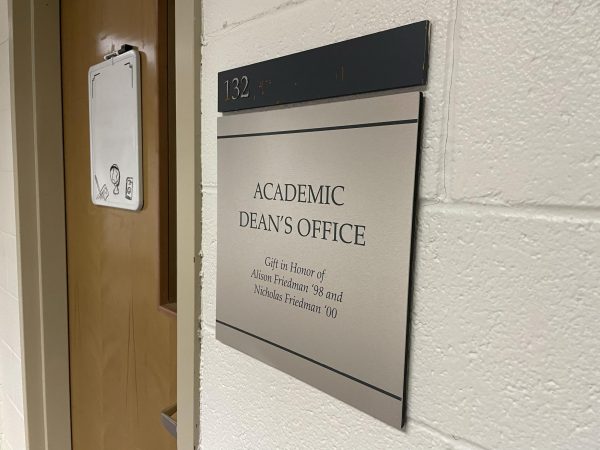Life Skills Classes Belong In Sidwell’s Curriculum
After finishing high school, many students find themselves grappling with various real-life challenges beyond the realm of academics. Many of these students have been indulged by parents and guarded from the economic and social instabilities of adult life. However, the shock of leaving a sheltered home and school life could be lessened with practical high school classes that address the demands of adulthood.
Life skills classes are classes that solidify knowledge necessary for the years after high school, such as financial literacy and medical competency. In a 2015 survey by the Association of American Colleges and Universities, only 55% of high school students reported feeling prepared to enter the “real world.” Additionally, according to the TIAA Institute, American adults correctly answered only 50% of the questions on a 2021 financial literacy exam. The lack of financial literacy lessons in high school may be the root of the struggles young adults face — with sparse financial experience, they are left unprepared as they begin filing taxes and balancing their first checkbooks. Studies by the Harvard Business School have shown that the implementation of financial life skills for high schoolers has led to wiser choices regarding personal finances as they enter adulthood. In comparison, people without similar training are less likely to own stocks, have a retirement plan or have a checking account. They are also more likely to have high-cost mortgages, use payday advancement and fall behind on credit card payments. As a result, they tend to have higher debt burdens and lower credit scores than their peers. Financial training leads to higher credit scores and lower default rates, as well as wiser budgeting, saving and investment.
Medical skills, including CPR training, are also extremely important, considering the prevalence of sudden cardiac arrests in adolescents and young adults. While 32 states require school administrators to give CPR training, research from the Children’s Hospital of Philadelphia shows that only 77% of respondents completed this training. These rates reaffirm the need for basic medical training in high school and the place of such classes in Sidwell’s compulsory courses. CPR certification also gives high schoolers a significant advantage in the workplace, where experienced employees with the ability to act in emergency situations are valuable. CPR training helps high schoolers feel empowered and gain a level of confidence that can be applied in real and meaningful ways.
Life skills classes provide critical real-world experience, especially in promoting financial independence and medical techniques. These classes would enhance Sidwell’s rich curriculum and help students thrive as they enter adulthood.














































